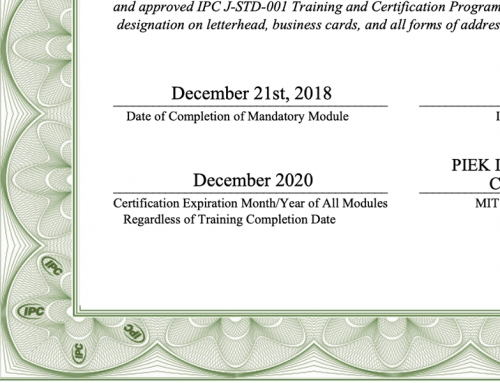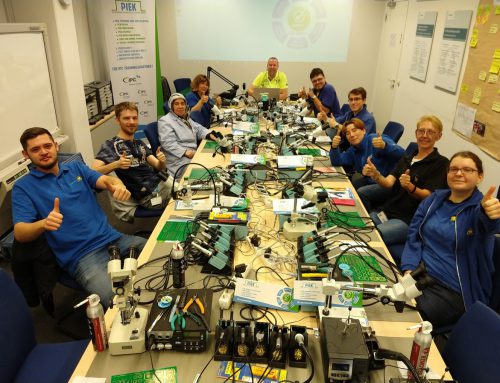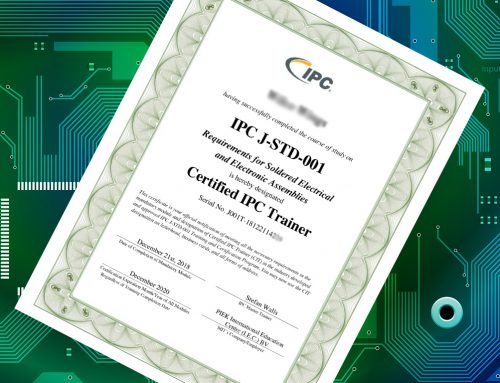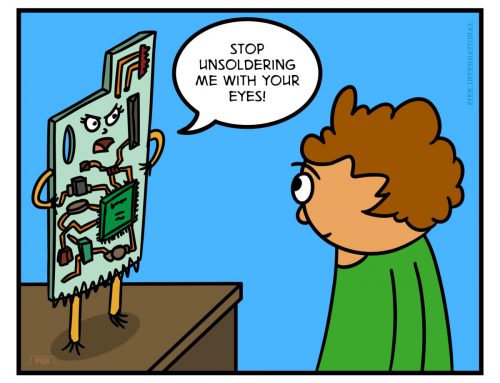The role of IPC and that of experts in the field
You might think that some people at the IPC offices create these standards, but actually they are not developed by IPC. If you look into any standard, you will find a list of people who are members of development committees. Some of these people work at OEM or EMS companies, and others have a position with a materials or equipment supplier. You will also find people in there who are working for training companies. And still others are designers who provide designs for their customers. But one thing they all have in common is that they are in some way connected to the electronics industry.
That is why we can truly say that IPC Standards are Industry Standards, created by people from all kinds of companies but always with a relation to electronic products. They are specialists in their field. What is one of the key strengths of IPC standards is that they are close to daily practice, because they are based on the knowledge and experience of professionals from the trade. And since the backgrounds of the people in the committees are so varied, the standards form a good overview of what is going on in the electronics industry. Furthermore, many of the standards are updated on a regular basis to keep them in line with what is needed in daily life.
How does standard creation work?
In case of a new standard the development starts with someone taking the initiative, based on the idea that a standard on some issue might be needed. He then tries to involve the people in the development committee, and they discuss the issue. Nowadays it is much easier to do this globally thanks to teleconferencing and social media. Based on the first discussions a draft is made. This is elaborated and fine-tuned in the various stages of development. Finally when the working group has come to a definitive document, it is presented to the industry for review.
Comments on this review are then discussed and the document is adapted. Subsequently, this version is presented for a ballot in a selected group of people from the working group. They vote and eventually the document is finalised. Now it can become an IPC standard, and IPC does all the final typesetting and publishes the standard. In some cases these documents form the basis for a training programme. And the standards may be translated into various languages. Updating a standard follows more or less the same steps, but in this case the existing standard is used as a basis for discussion.
If you would like to be involved in the development process, you could always apply for a seat in the committee of your choice. If you would just like to contribute to one issue, you may consider filling in the Standard Improvement Form, which can be found at the end of each standard or on the IPC website for digital use.






